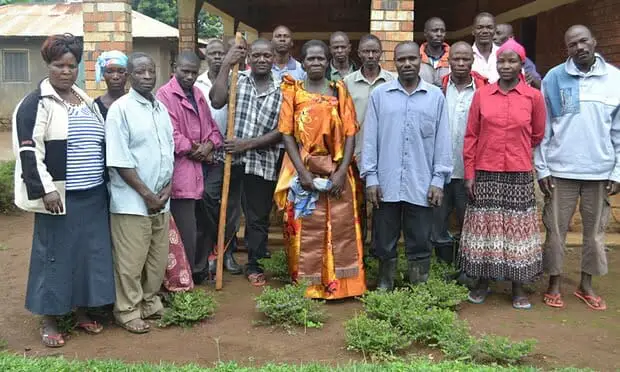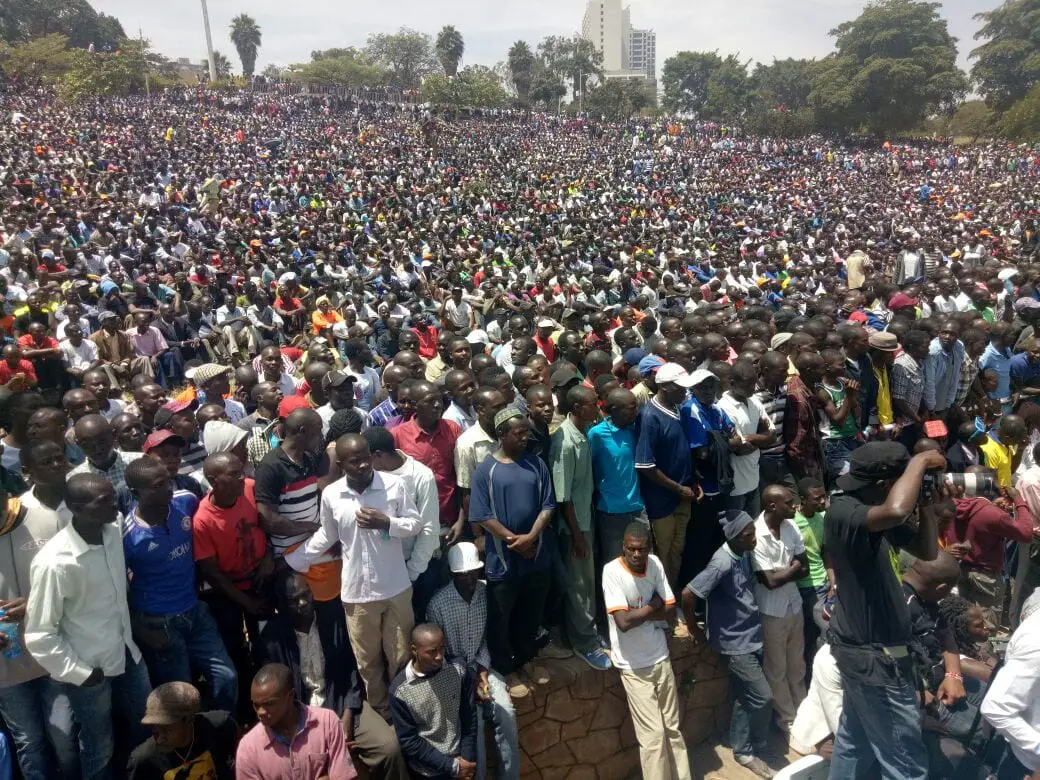Land grabbing Land grabbing occurs when land that was previously used by local communities is leased or sold to outside investors, including corporations and governments. Typically, the land is taken over for commodity crops to sell on the overseas market, including for agrofuel and food crops. However land grabbing also occurs to clear land for tree plantations (grown for carbon offsets), protected reserves, mines and can often result from speculative investments when funds predict a high rate of return from land investments. Land grabbing is not a new phenomenon.
For centuries, communities have been intimidated to abandon – or have been forcibly removed from – their land. However we are now witnessing a new aggressive land grab, driven by high food prices and growing global consumption, with multinational corporations, often in partnership with governments, seizing the land. As a consequence, peasants, herders, fishers and rural households are being dispossessed of the means to feed themselves and their communities, local populations are being evicted and displaced, human rights are being violated, and the environment, as well as traditional community structures, is being destroyed.
Uganda In Uganda, the Government, keen to attract foreign investment, has allowed foreign companies to move onto large areas of land for a range of projects, including the development of a large scale oil palm plantations, carbon offset tree plantations and following the recent discovery of oil, for drilling. This study examines a number of these projects in eastern, western and central Uganda, with a particular focus on the Kalangala palm oil project on Bugala Island in Lake Victoria, which is being developed as part of a government programme with backing from the International Fund for Agricultural Development (IFAD) and the World Bank. The study documents cases where land has been grabbed in Kalangala and elsewhere and looks at how local people have lost access to land and other natural resources. Read the Full Report by downloading it here
Credit : Relief Web Int





















































